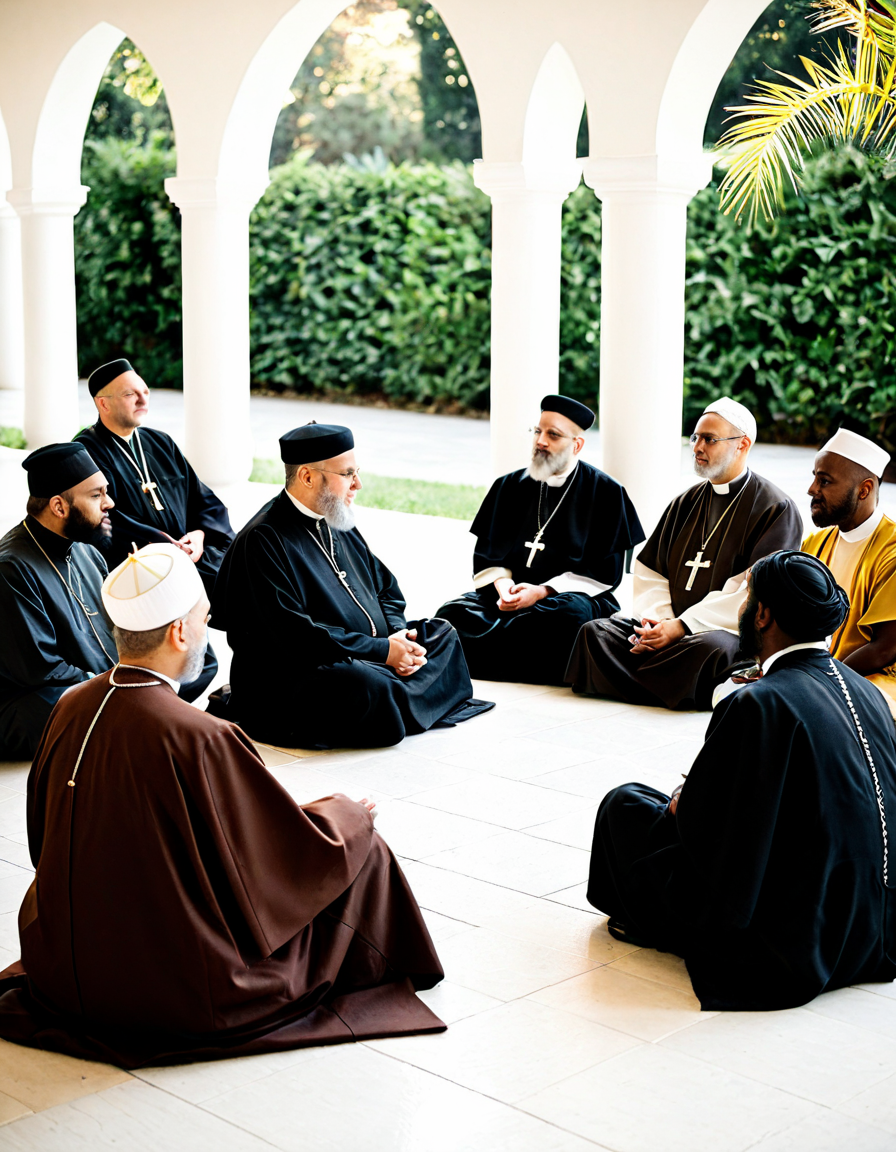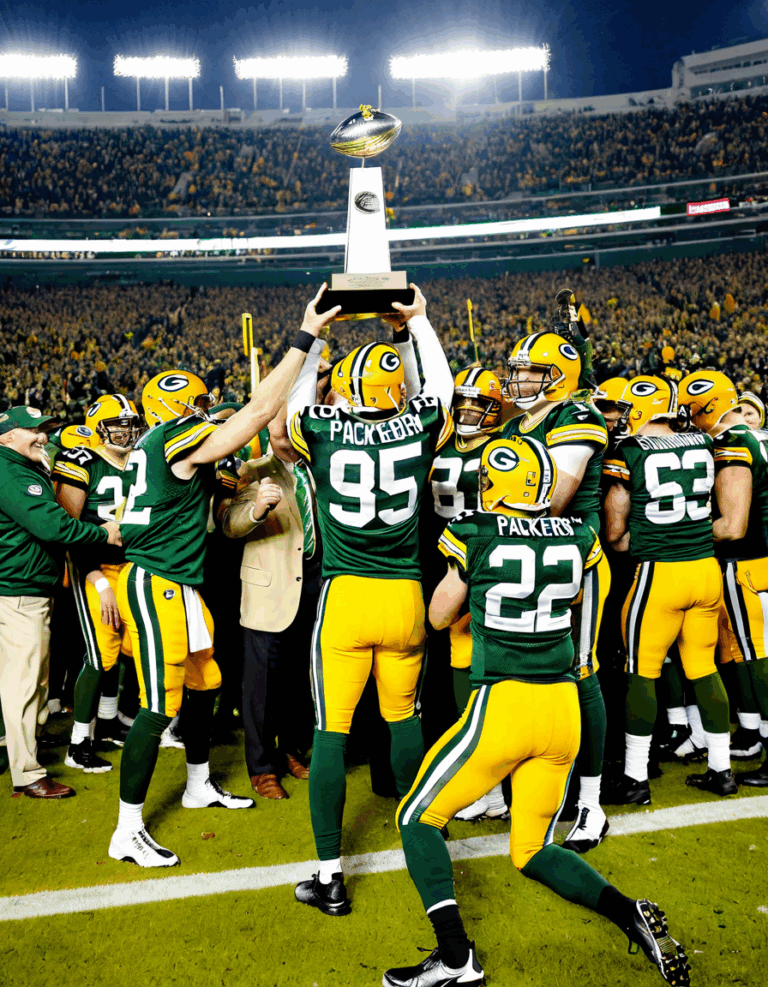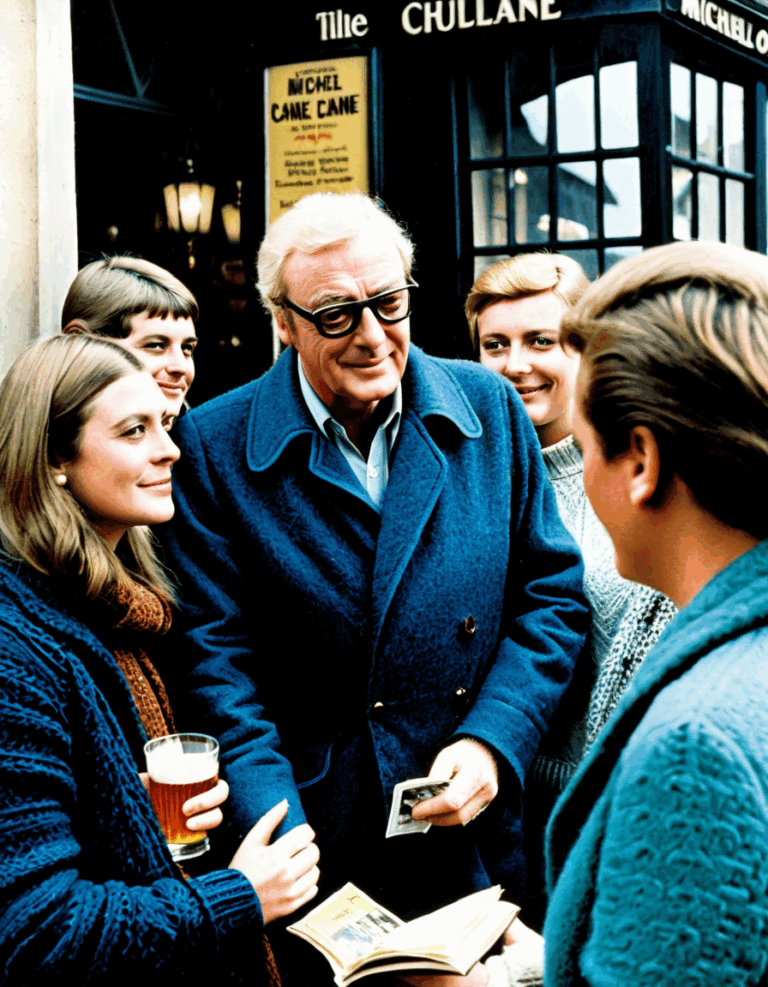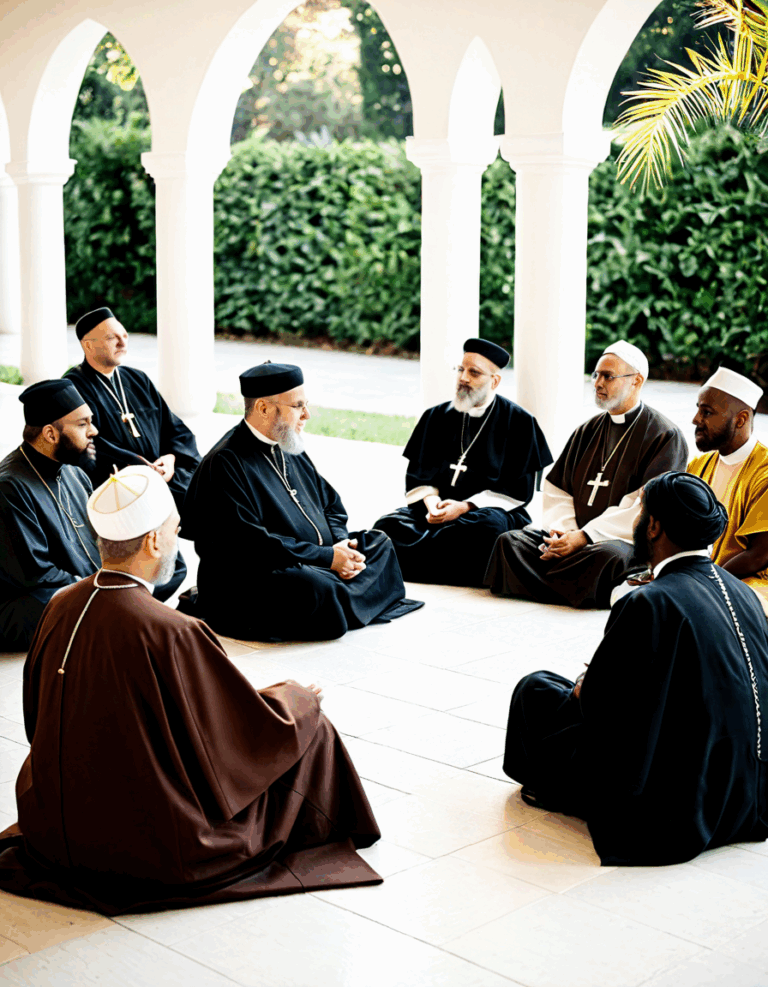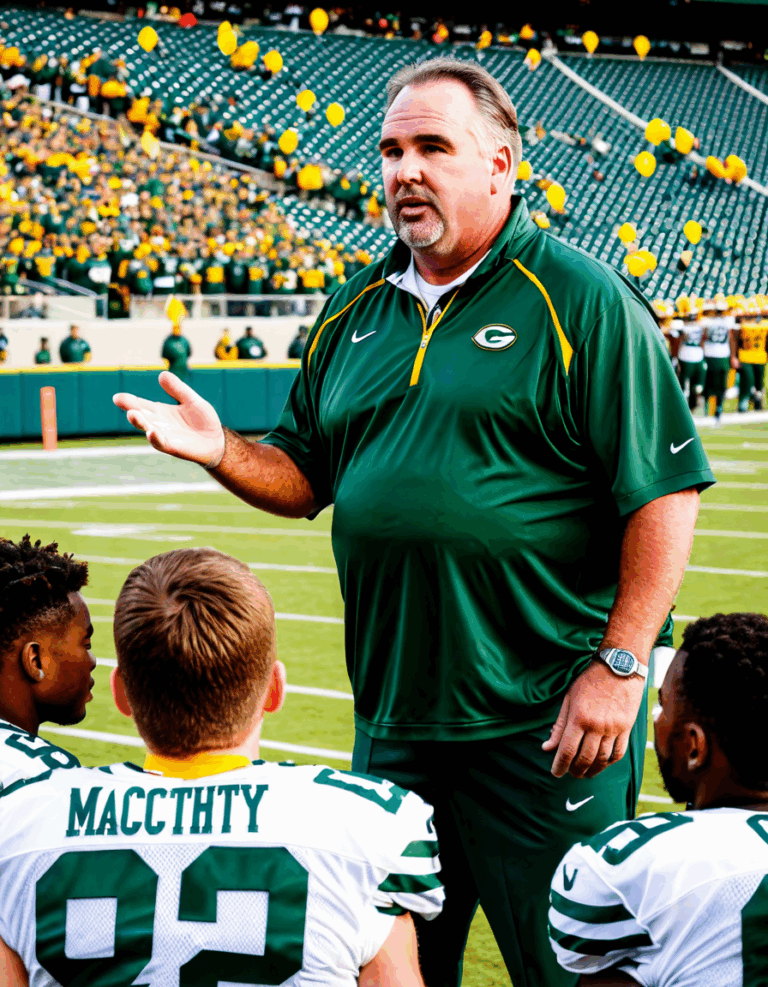In a rapidly changing society, religious beliefs are more pertinent than ever. They provide a lens through which we can view moral issues, community dynamics, and personal fulfillment. With the rise of secularism and a growing number of individuals identifying as religiously unaffiliated—26% of Americans per Pew Research—many are left wondering about the relevance of faith in the 21st century. Yet, despite these shifts, fundamental religious values continue to influence our daily lives, shaping everything from political discourse to social justice initiatives.
Let’s explore the top seven religious beliefs that exhibit profound effects on our global society today, sparking discussions that resonate across the conservative landscape. As we dive into each belief, we’ll examine the powerful interplay between faith, technology, and social engagement in shaping the future of our communities.

Top 7 Religious Beliefs Influencing Global Society Today
1. Faith in a Secular Age
The impact of secularism is undeniable, yet faith remains a stronghold for countless individuals. As traditional worship practices evolve, many millennials and Gen Z are reframing spirituality. The shift is pushing established religious institutions to rethink their engagement strategies.
Statistics reveal a noticeable dip in religious attendance, but faith organizations can counteract this trend by tapping into community-centered initiatives. By focusing on collaboration and inclusivity, churches can maintain their relevance in a shifting cultural landscape.
2. Interfaith Dialogue and Collaboration
The world has become an increasingly interconnected space. Organizations like the United Religions Initiative strive to bridge the gaps between different faith systems. With influential figures like Pope Francis advocating for interfaith dialogue, the call for global understanding echoes.
This collaborative approach reveals shared values essential to tackling pressing global problems, from climate change to social inequality. Engaging with diverse communities allows for a broader perspective, paving the way for deeper understanding and conflict resolution on a worldwide scale.
3. Technology and Religion
Technology has transformed how people experience faith, breaking geographical barriers that once confined religious practices. Digital platforms allow churches to reach followers far beyond their physical locations, like Elevation Church, which has adapted with virtual services making worship accessible to everyone.
Innovative apps now guide believers through their spiritual obligations and enable more personalized ways to engage with their faith. This approach fosters a thriving online community, encouraging discussions that transcend traditional worship settings and energize congregants.
4. Travel and Pilgrimage
The surge of religious tourism reflects a renewed interest in spiritual journeys. Millions flock to sites like the Hajj in Mecca and the Vatican, seeking connection with history and spirituality.
Traveling for religious purposes offers participants unique experiences that breathe new life into their faith. With projected growth in the religious tourism market reaching a staggering $3 trillion by 2027, it demonstrates the importance of these journeys in modern society.
5. Environmental Stewardship in Religious Teachings
Faith-based perspectives on the environment are gaining traction, with religious organizations stepping up to advocate for sustainability. The Islamic Declaration on Global Climate Change exemplifies how religious teachings can inspire followers to protect the planet.
Moreover, collaborative initiatives like GreenFaith draw attention to the crucial overlap between faith and environmental action. Religious groups recognize their moral imperative to foster stewardship over creation, underscoring their impact on pressing social issues today.
6. Religious Attendance Trends
The attendance patterns are intriguing. Younger generations show a shift toward favoring community service over traditional worship, indicating an evolving definition of spirituality. Churches embracing community involvement, humanitarian efforts, and social justice can rekindle interest among younger demographics.
The moral compass guided by religious values will remain relevant as long as these institutions demonstrate their commitment to social causes. This engagement proves vital in attracting new participants and sustaining valuable faith-centric communities.
7. The Role of Religious Charities in Social Issues
Religious charities like Habitat for Humanity and Feeding America fundamentally transform lives and strengthen communities. By leveraging resources and networks, these organizations tackle critical issues like poverty and housing.
The work of these faith-based charities acts as a beacon of hope, showcasing the vital role of religious conviction in fighting social problems. Their collective efforts illustrate how deeply entrenched beliefs can lead to meaningful, lasting change.

Technological Innovations Impacting Religious Practices
Modern technology continues to reshape religious practices. Apps like “Daily Bible” and “Insight Timer” offer daily spiritual guidance, connecting believers with their faith in innovative ways. For example, augmented reality (AR) enhances church experiences by immersing congregants in interactive storytelling, especially among younger audiences.
By embracing technology, faith institutions can engage followers in fresh, relatable ways. As these innovations proliferate, religious organizations are poised to ensure that spirituality remains a cornerstone of daily life in a highly digitized world.
Travel with a Purpose: Religious Tourism on the Rise
In recent years, religious tourism has skyrocketed. Destinations such as Jerusalem and Varanasi are drawing significant crowds as spiritual seekers explore pilgrimage opportunities.
The rise of personalized experiences allows travelers to delve into the historical context of sacred sites. This growing sector reflects a desire for spiritual fulfillment that resonates deeply, suggesting that travel can play an essential role in modern faith practices.
Embracing the Rays of Faith in a Diverse World
The intersection of global conflicts and religious identities highlights the need for understanding and collaboration. Initiatives like “Religions for Peace” act as conduits for promoting harmony across faith lines.
By focusing on dialogue and shared values, religious communities can dismantle stereotypes and foster unity. This collective approach to diversity is essential for building cohesive societies where all can coexist peacefully.
Innovations in Religious Engagement
To remain relevant, faith institutions are innovating. Churches such as Hillsong have utilized YouTube to extend their reach worldwide.
Social media platforms like Instagram and TikTok allow religious organizations to engage younger audiences through relatable content, offering a dynamic means of communicating core values. This adaptability ensures that faith continues to find its place in modern discourse.
The Crossroads of Faith and Community
The convergence of religious beliefs and community necessities promotes collective responsibility toward social challenges. Faith-based organizations often partner with NGOs, local governments, and other traditional institutions to address pressing societal issues.
This collaboration exemplifies how religious convictions can yield tangible benefits for communities. By working together, they amplify their impact, demonstrating the profound societal benefits that stem from faith-driven initiatives.
Looking Ahead: The Future of Faith in a Changing World
As we confront evolving challenges—like climate change and technological upheaval—the relationship between religion and contemporary issues will only deepen. Faith remains a guiding light, offering purpose and a moral compass amidst uncertainties.
Religious leaders and communities must remain vigilant and adaptable, serving as catalysts for positive change. The future hinges on a commitment to understanding each other and recognizing the significance of faith in our interconnected world.
In summary, the intricate tapestry woven by various religious beliefs influences every aspect of our lives today, from social justice initiatives to environmental advocacy. As technology transforms faith practices, and as people travel to find meaning, the rays of spirituality will continue to illuminate paths for individuals and communities alike.
Religious Influences on Modern Society
Trivia that Matters: Religious Facts
When diving into the cultural tapestry of our society, you can’t overlook the fascinating ways religious beliefs influence daily life. Did you know that around 84% of the global population identifies with a religious group? This statistic highlights how prevalent religious institutions remain in shaping values and ethics. Interestingly, the influence of religious texts often seeps into various aspects of storytelling, just like the plot twists in shows like “Young and Restless,” showcasing how deeply rooted narratives can shape our understanding of morality and community. For more captivating stories, check out today’s news headlines for insights on trending topics.
Ever heard of the “Karma” concept from Buddhism? It captures the essence of accountability and consequence, encouraging individuals to think twice before acting. This belief not only promotes personal responsibility but also aligns closely with many Western values surrounding justice – think of courtroom dramas inspired by real-life events, like the Chauvin trial. Such discussions spark debates about fairness, leading us to question the moral compass guiding our judgments daily. Sometimes, reflecting on these religious principles can provide clarity amidst a tumultuous news cycle; stay informed with news Headlines today for updates on ongoing discussions around justice and morality.
Switching gears, religion can also pave the way for unique experiences, such as community gatherings and retreats. Take, for example, places like The Resort at Paws up, which often host spiritual retreats aimed at renewal and reflection. Sharing a space where various faiths converge allows participants to explore differing philosophies while embracing their own. Insights from diverse beliefs, like those found in the Kamen Rider series, can reveal significant cultural influences that remain relevant in modern media, proving that the convergence of faith and culture sparks creativity and innovation. As you uncover these connections, don’t hesitate to delve deeper into the fabric of societies and how religious beliefs resonate through time and art.


